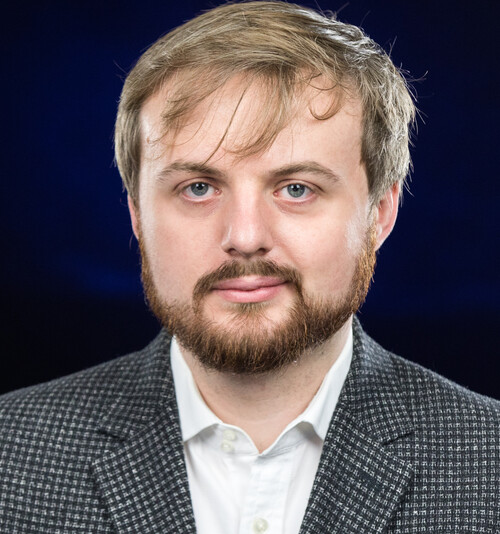Frederick Reece

When we hear the words “musical forgery,” we might erroneously picture instances of plagiarism, such as the recent court cases involving Robin Thicke’s Blurred Lines (verdict: plagiarism) and Led Zeppelin’s Stairway to Heaven (verdict: not plagiarism). According to Frederick Reece, a PhD candidate in music, forgery is actually an inversion of plagiarism. “Plagiarism happens when someone has taken the intellectual property of someone else and claimed it as their own. Forgery occurs when you take something that is yours and say it is the work of a famous composer, often someone who has been dead for hundreds of years.”
In the past, cases of musical forgery have been seen as one-off events, with many musicologists knowing only a single example. But as Reece began to hear more and more stories of musical forgery, he noticed that they were not an isolated phenomenon. “It demands a study of its own because it has happened many, many times throughout musical history.”
Musical forgeries, like art forgeries, have fooled experts in part because many of them are actually quite good. One of the cases Reece explores involves six sonatas that were attributed to Joseph Haydn in 1993. In many ways, the six sonatas are like Haydn fan fiction. According to Reece, the forger knew Haydn’s work well enough to have written pieces that represented what critics would expect Haydn to have written at a given historical moment.
In the Haydn forgery case, mere weeks after the discovery was announced, there were rumblings in the musical world that the sonatas might be fake. Musical detective work unearthed a number of inconsistencies in the manuscript and the announcement was quickly retracted.
After a forgery is discovered there are a number of reactions: embarrassment, disbelief, anger. One that particularly interests Reece is “so what? If it sounds good and makes us feel good, why does it matter to us that it is a forgery and not an original?” Reece, however, makes the case that the truth matters. “Telling truth from falsehood particularly today, is really difficult. Which is all the more reason why we as academics need to get involved in these questions of authorship and really make a claim for the truth.”

